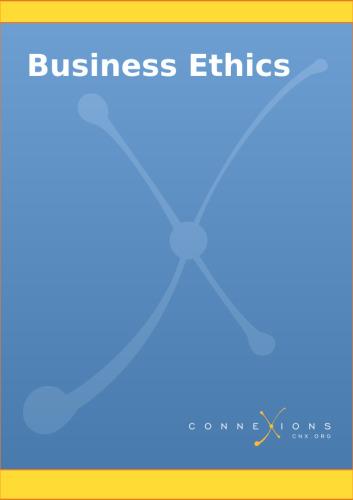Results from Muddy Point Exercises The Muddy Point Exercises you contributed kept coming back to two points.
Question:
Results from Muddy Point Exercises The Muddy Point Exercises you contributed kept coming back to two points.
(a) Many of you pointed out that you needed more information to make a decision in this situation. For example, who were these terrorists, what causes were they fighting for, and were they correct in accusing the village of collaborating with the enemy? Your request for more information was quite appropriate. But many of the cases we will be studying this semester require decisions in the face of uncertainty and ignorance. These are unavoidable in some situations because of factors such as the cost and time of gathering more information. Moral imagination skillfully exercised can do a lot to compensate when all of the facts are not in.
(b) Second, many of you felt overly constrained by the dilemma framing of the scenario. Those of you who entered the realm of "funny business" (anything beyond the two alternatives of killing the villager or walking away) took a big step toward effective moral problem solving. By rejecting the dilemma framing of this scenario, you were trying to reframe the situation to allow for more--and more ethically viable--alternatives. Trying to negotiate with the Terrorists is a good example of reframing the scenario to admit of more ethical alternatives of action than killing or walking away.
Step by Step Answer:







